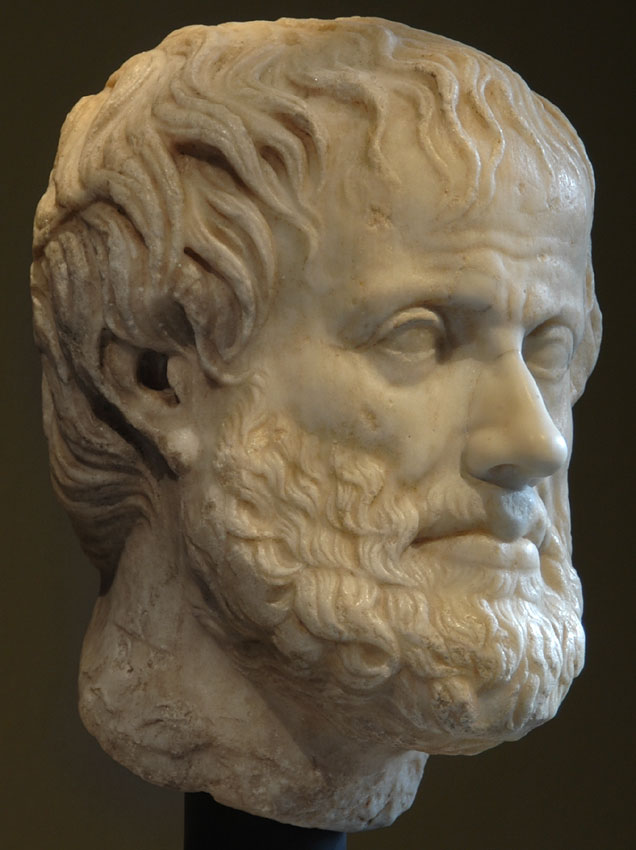Nicholas Whaley

Aristotle, a student of the Greek philosopher Plato, is considered one of history’s greatest philosophers and the figure responsible for the three rhetorical appeals upon which modern rhetorical studies are built. Aristotle defined three distinct rhetorical appeals as they pertained to the art of persuasion: ethos (the rhetor’s credibility), logos (logic or rationality), and pathos (emotion).
Ethos
Ethos in rhetoric is defined as “the role of the writer (speaker) in the argument and how credible his/her argument is” (“Rhetorical Triangle”). This definition can be further explicated as referring to how knowledgeable or wise the speaker is about their argument as well as how reputable the individual is morally in the eyes of their audience. Aristotle called this “persuasion through character,” as ethos primarily explores the characteristics of the speaker. Etiquette is also a factor in developing an effective ethos. This includes proper use of tone, word choice, and respect for the views of the audience.
Logos
Rather than being merely a translation of “logic,” logos refers to the content of an argument and its organization. Forming meaningful connections between facts, supporting claims through factual evidence and statistics, and even the use of historical or literal analogies to create logical connections between ideas are all elements of logos (St. Louis). Where its two counterparts, ethos and pathos, relate to the human qualities of the speaker and audience, logos refers primarily to the characteristics of the argument itself in both its formal structure and presentation.
Pathos
To utilize pathos in one’s rhetoric means to appeal to the audience’s values and beliefs such that they are more likely to be emotionally swayed to favor the speaker’s argument. The goal when using pathos in rhetoric is to bring the audience into an emotional state in which they are more likely to hear out the speaker’s ideas and thus be more likely to consider the validity of said ideas. A speaker should understand the values and beliefs of their audience so as to avoid unintended offense or wrongful assumptions and to have adequate knowledge of their audience in order to present their argument in a manner listeners will find agreeable and worth supporting. Aristotle noted that human beings do, in fact, impart judgement differently depending on their emotional state. Consequently, it is in the speaker’s interest to design their speech so as to spark the appropriate emotional response from their listeners.
Sources
- Lutske, Jaclyn, and Mary F. Henggeler. “The Rhetorical Triangle: Understanding and Using Logos, Ethos, and Pathos.” Indiana University School of Liberal Arts, 2009.
- St. Louis Community College Writing Center. “Pathos, Logos, and Ethos.” Accessed 3 May 2022.
